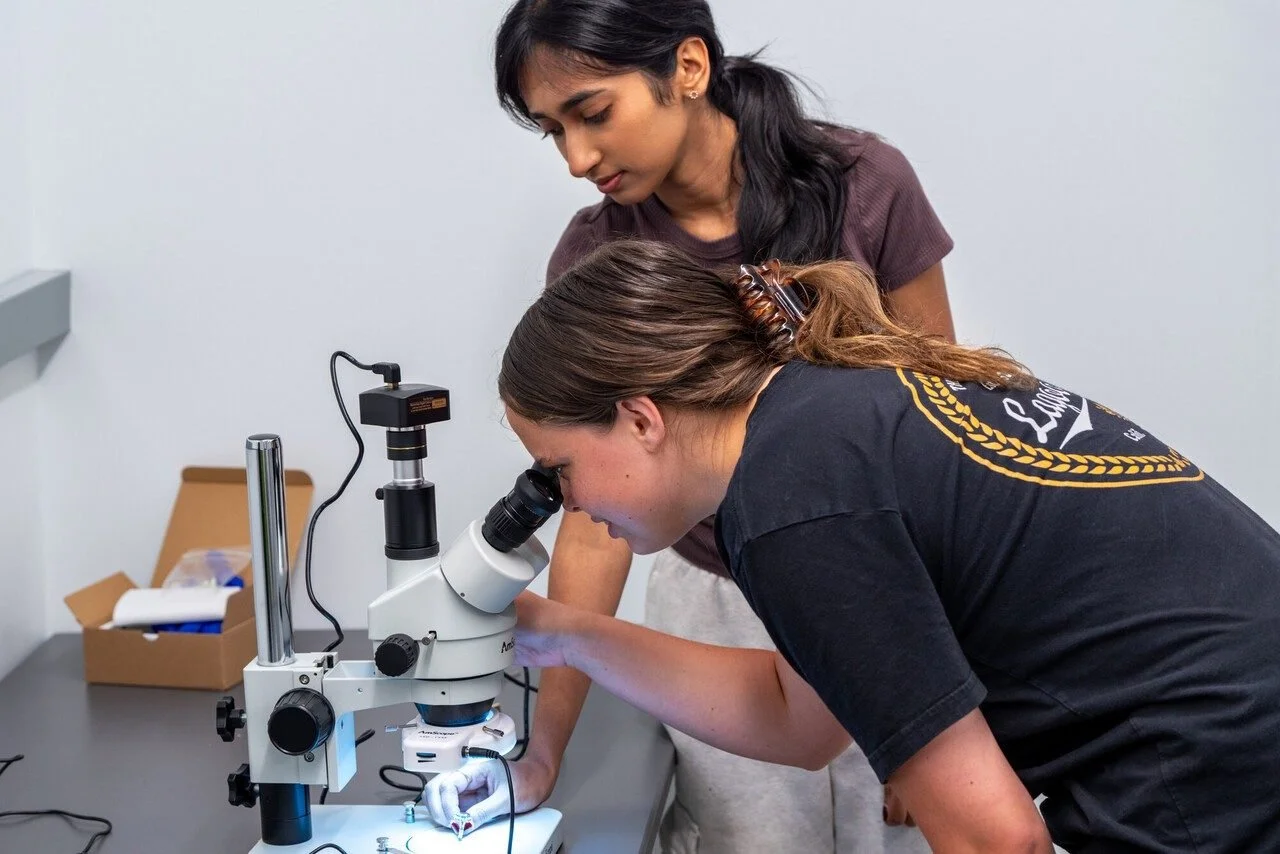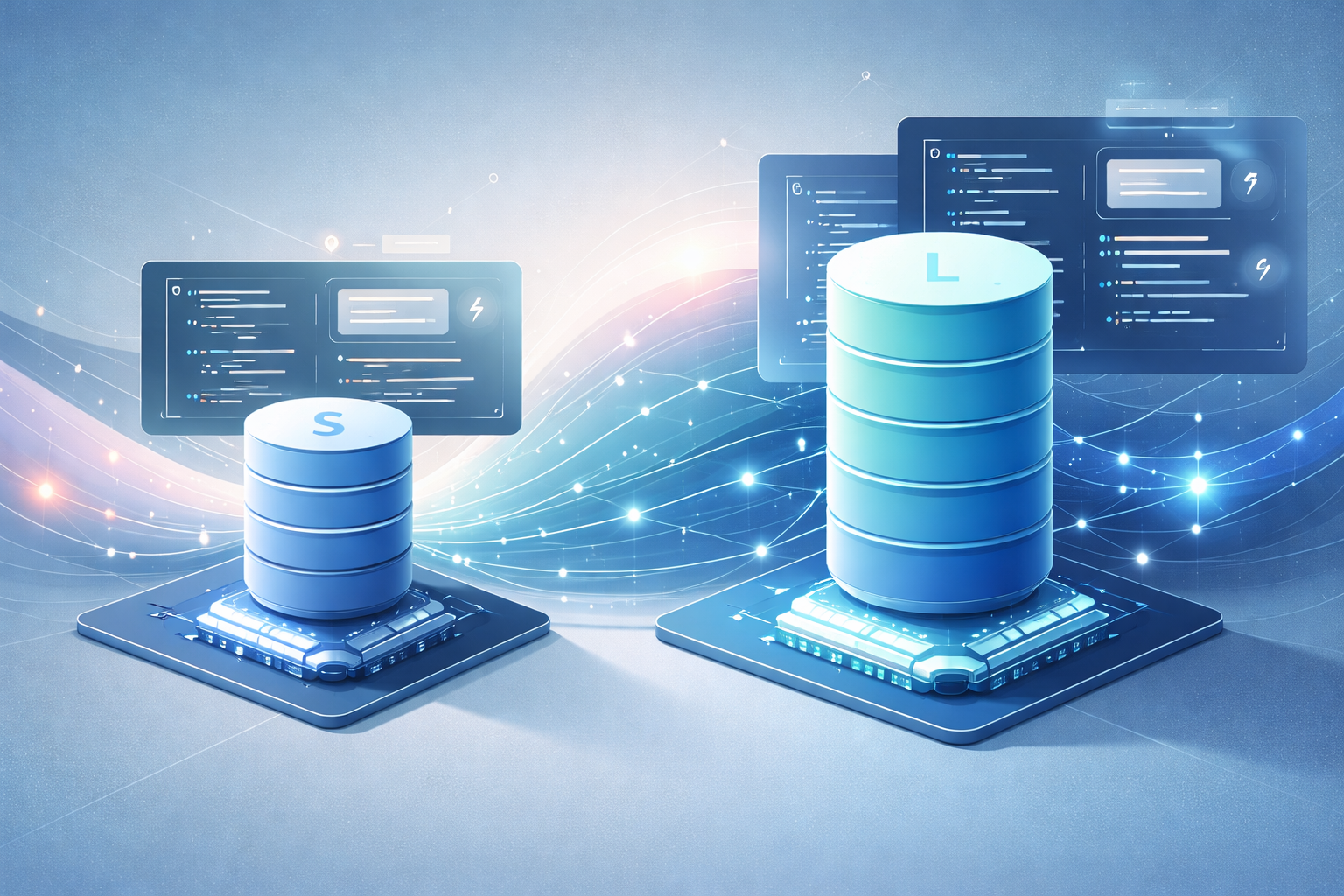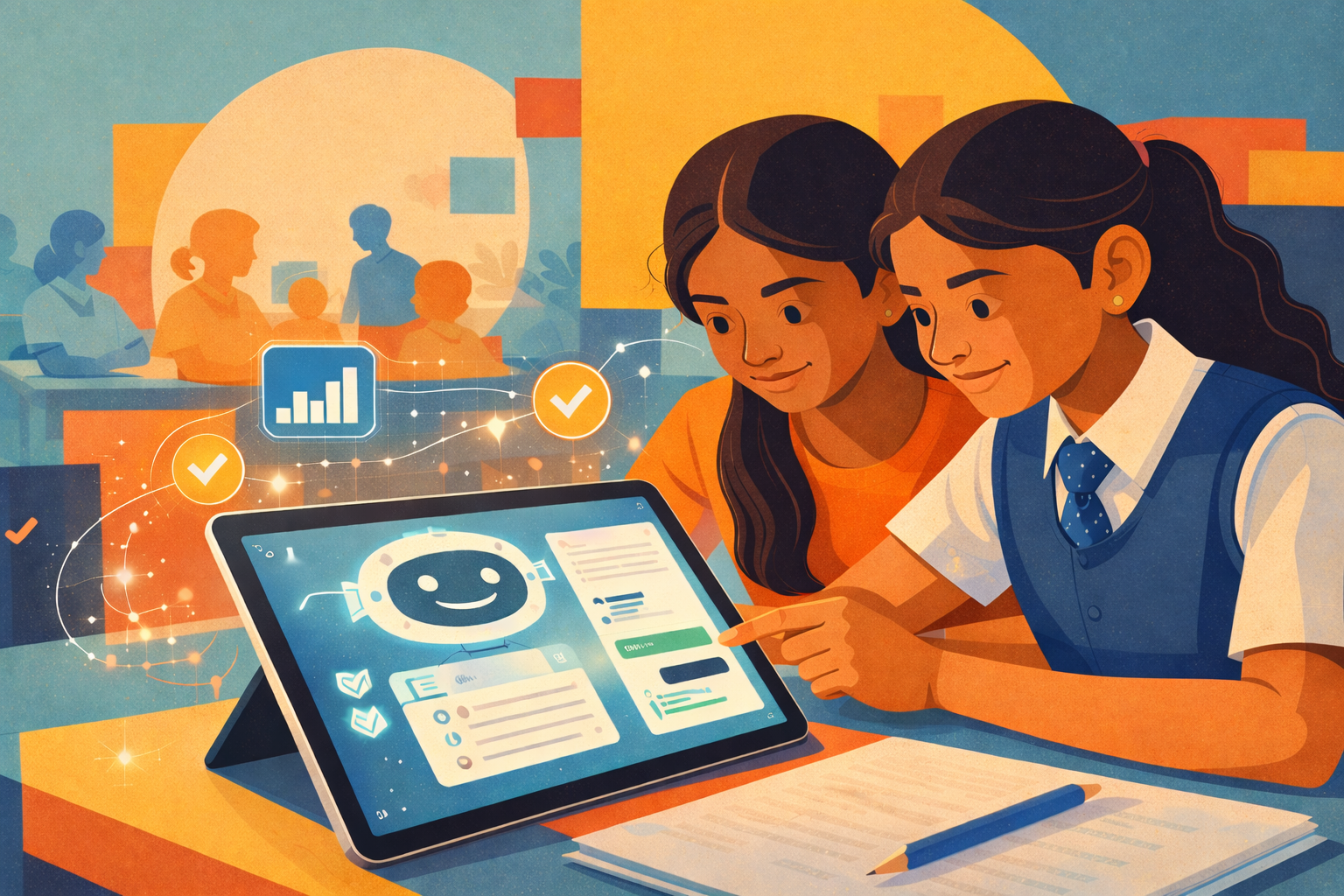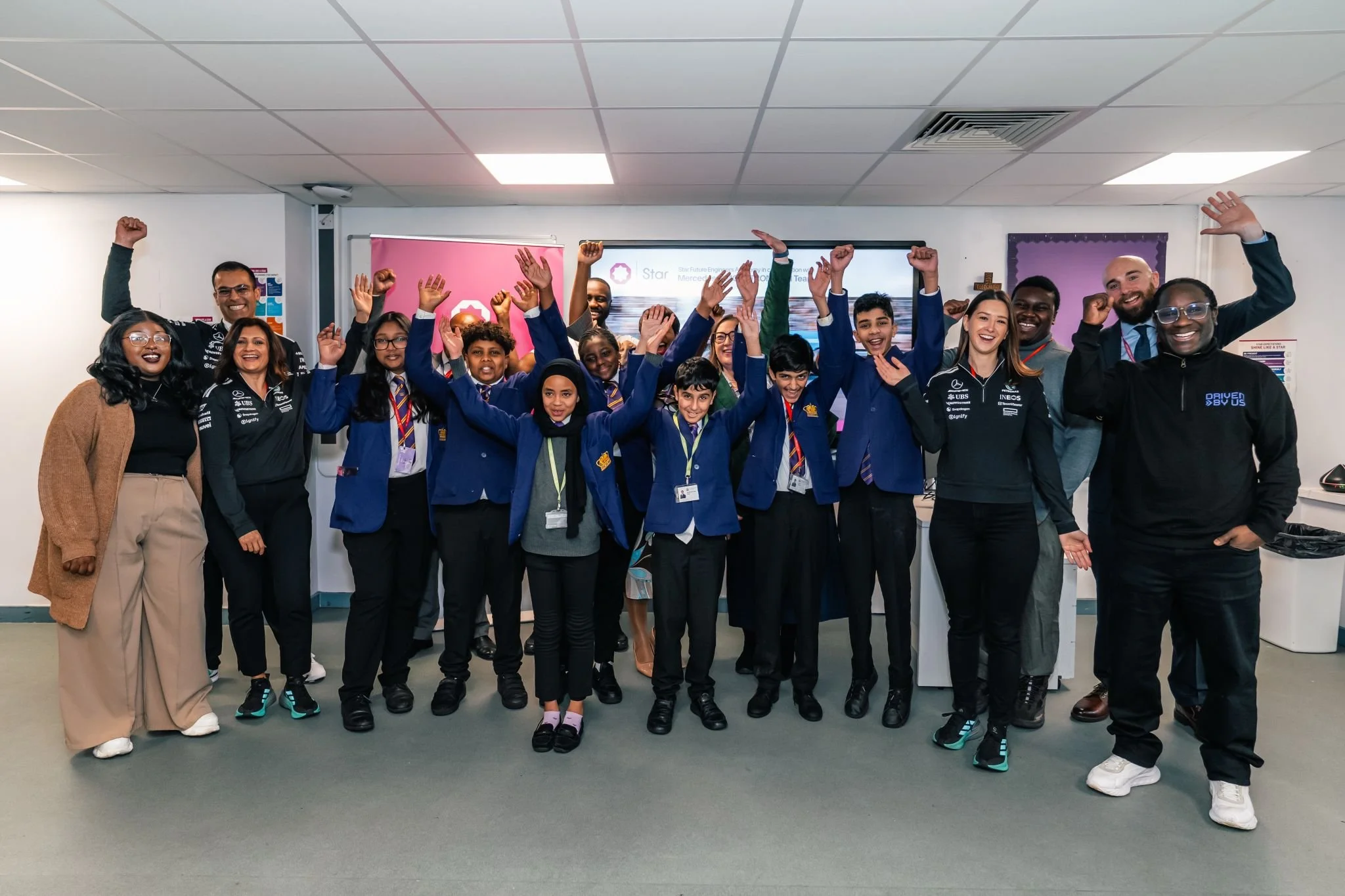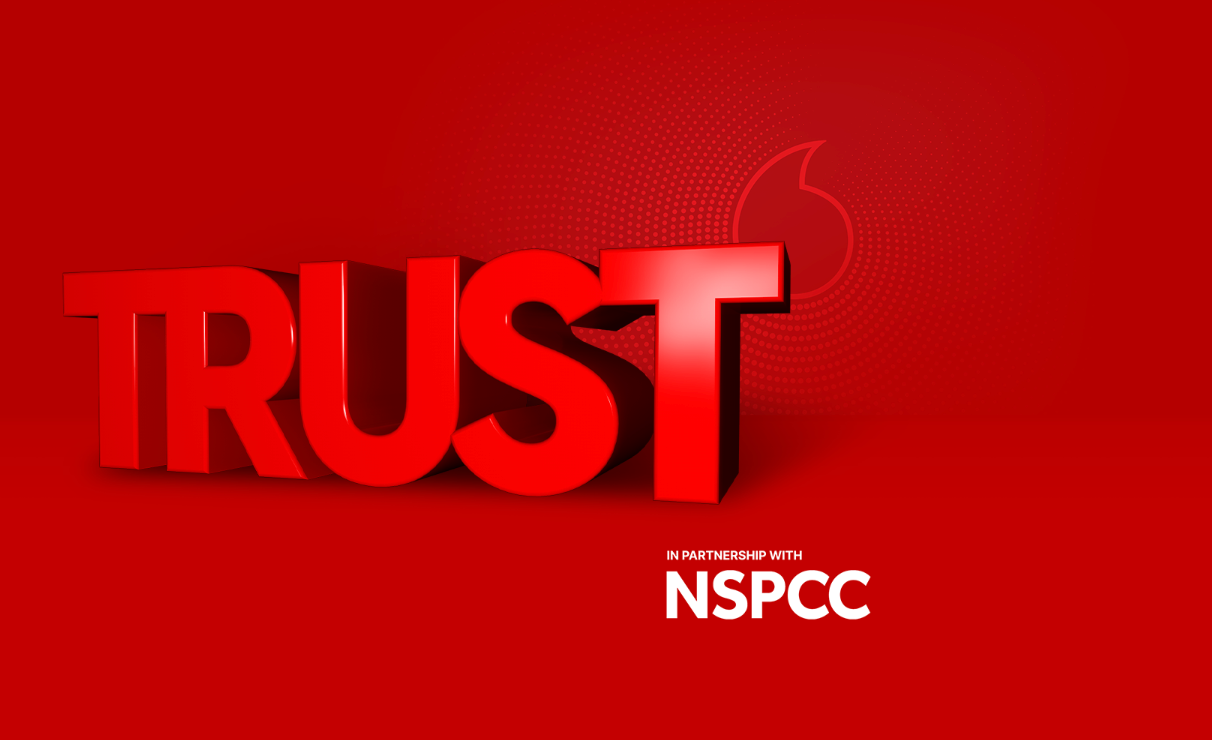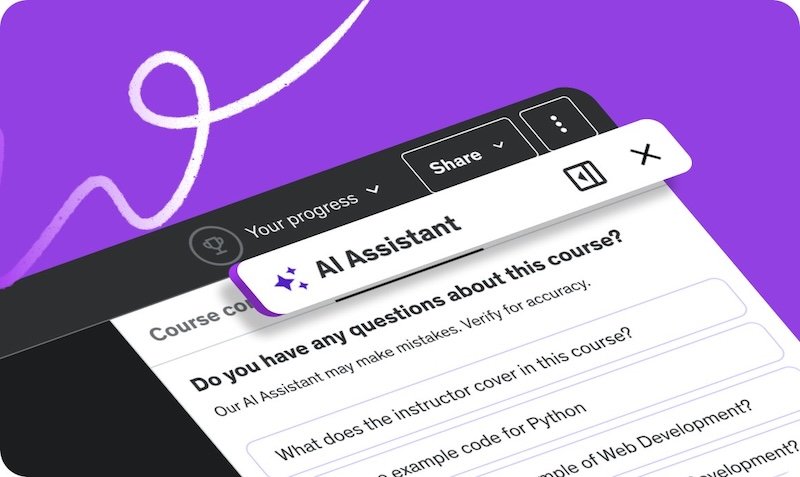Virginia Tech Discovery Lab puts undergraduates at the center of research and industry skills
Virginia Tech has opened the Discovery Lab to give undergraduates hands-on research experience, peer-led training, and workforce-ready skills across disciplines.
Varsha Durai (second from left) helps Lauren Prillaman use a microscope in the Discovery Lab at the New Undergraduate Science Laboratory Building. Photo credit: Clark DeHart for Virginia Tech.
Virginia Tech has established the Discovery Lab in the Undergraduate Science Laboratory Building to provide undergraduates with a peer-led space for research, skills development, and industry-facing projects.
The lab, which launched in May, spans one full floor and is designed to bridge academic study and real-world practice.
Students lead projects from ecosystems to biosensors
Biochemistry students Anushka Jadhav, Varsha Durai, and Paige Roach piloted summer projects and will guide 12 new undergraduate researchers this fall, beginning with freshwater ecosystem analysis, biosensor development, and microplastics detection. Durai says: “There really isn’t a big hierarchy, we’re all just students trying to help each other out. When there’s another student teaching you, you’re kind of on the same wavelength in certain ways and it's easier to connect and ask better questions.”
The Discovery Lab totals more than 6,000 square feet and includes two wet labs, a dirty lab, microscopy, data analytics, 3D printing, fabrication, and collaboration areas. It is administratively housed in the College of Agriculture and Life Sciences, with support from Academic Affairs, the Academy of Experiential Learning, and the Fralin Life Sciences Institute, and is guided by associate professors Anne Brown and Rich Helm, and project facilitator Daniel Sumner.
Professor Brown says: “This was an initiative that came about as the Undergraduate Science Laboratory Building was being created through the Academic Affairs Office to think about a way to bring multiple disciplines, majors, and colleges together to have a space to engage in different kinds of research and investigation and really be a student-focused and student-led environment,”
Faculty emphasize quantitative data generation and analysis to prepare students for AI and machine learning workflows. The lab houses about 1.4 million dollars of equipment and invites participation across majors.
Sumner adds: “This is a safe and supportive space where students can work as part of a team solving a problem, critically thinking, and communicating. The key is to help build the skills students need to build a bridge between academics and a professional career, even if that means failure. Failure is part of science.”
The ETIH Innovation Awards 2026
The EdTech Innovation Hub Awards celebrate excellence in global education technology, with a particular focus on workforce development, AI integration, and innovative learning solutions across all stages of education.
Now open for entries, the ETIH Innovation Awards 2026 recognize the companies, platforms, and individuals driving transformation in the sector, from AI-driven assessment tools and personalized learning systems, to upskilling solutions and digital platforms that connect learners with real-world outcomes.
Submissions are open to organizations across the UK, the Americas, and internationally. Entries should highlight measurable impact, whether in K–12 classrooms, higher education institutions, or lifelong learning settings.
Winners will be announced on 14 January 2026 as part of an online showcase featuring expert commentary on emerging trends and standout innovation. All winners and finalists will also be featured in our first print magazine, to be distributed at BETT 2026.

